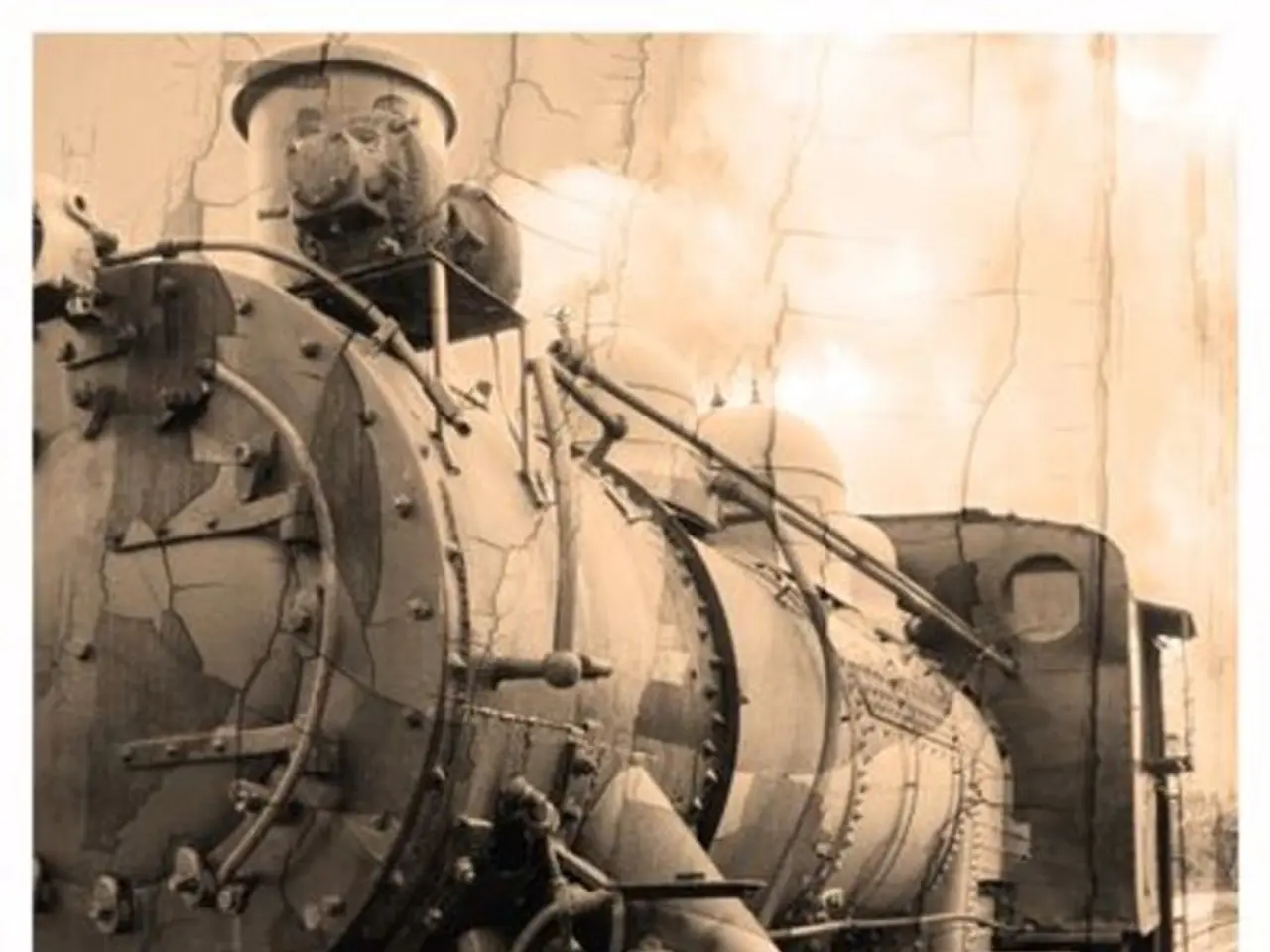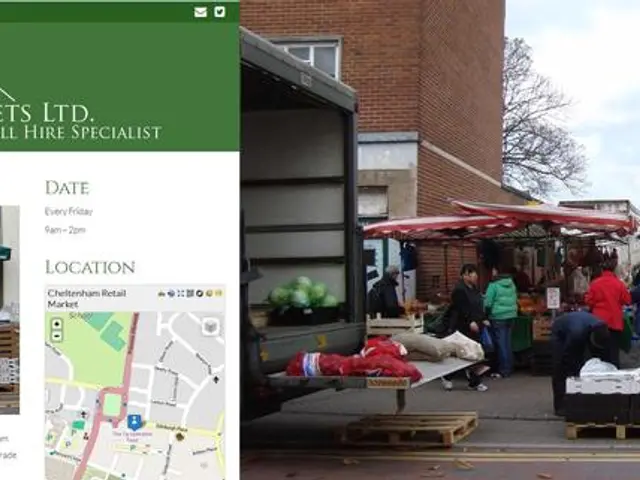Congressional backing for the Dallas to Houston bullet train project under question as local officials express their opinions
The Dallas-to-Houston high-speed rail project, which aims to alleviate traffic congestion and provide a faster and safer alternative as Texas' population grows, is currently "shovel-ready." The project, led by private Fort Worth-based company Kleinheinz Capital Partners following the termination of Amtrak's grant, has secured all necessary permits from the Department of Transportation and acquired key station sites and about 500 of the 2,000 land parcels needed for the right-of-way. Construction is anticipated to start by 2029, with operations projected to begin in 2034, potentially serving up to 6.5 million passengers by 2035.
However, the project faces ongoing opposition from some local and rural lawmakers concerned about landowner rights and economic impacts. Dallas City Council member Cara Mendelsohn, one of the two RTC members who opposed sending a letter to congressional representatives asking them to oppose language in an appropriations bill that would prohibit federal funding for the proposed project, called the bill a "very specific action" by Congress not to fund the bullet train. Republican North Texas-area Congressman Jake Ellzey, on the other hand, praised a U.S. Department of Transportation decision to terminate a nearly $64 million planning grant for Amtrak for Texas' high-speed rail line, calling the project a "boondoggle" that would threaten to seize land from rural Texans using eminent domain.
Ellzey has stated that he will "always stand on the side of private property rights," and he reiterated this stance in relation to the Dallas-to-Houston high-speed rail project, stating that he will always stand against the use of eminent domain to take Texans' land for the project.
Despite the political resistance, the project's lead investor remains confident but acknowledges the need to overcome these challenges. The cancellation of federal funding earlier this year requires private capital infusion, and the Transportation, Housing and Urban Development Appropriations Bill, while not explicitly detailed in the search results, likely affects federal funding availability. This suggests that provisions in such appropriations bills may limit direct governmental support, thus increasing reliance on private investment and local approvals for the project's continuation and completion.
In light of these challenges, the Regional Transportation Council has sent a letter to congressional representatives asking them to oppose language in an appropriations bill that would prohibit federal funding for the proposed Dallas-to-Houston high-speed rail project. If the project is privately funded and has the potential to move forward, local leaders will do what's best for their communities, as expressed by Arlington Mayor Jim Ross, who expressed interest in moving forward with a separate study on the economic impact of a Dallas-Fort Worth high-speed rail line.
Pablo Arauz Peña is KERA's growth and infrastructure reporter, providing insights on the Dallas-to-Houston high-speed rail project and other infrastructure developments. If you find this reporting valuable, consider making a tax-deductible gift to KERA to support their work.
References:
- https://www.dallasnews.com/business/transportation/2023/02/15/dallas-houston-bullet-train-project-faces-ongoing-opposition-from-some-local-and-rural-lawmakers/
- https://www.businessinsider.com/dallas-houston-bullet-train-project-faces-political-and-financial-challenges-2023-2
- https://www.keranews.org/post/dallas-houston-bullet-train-project-faces-ongoing-political-and-financial-challenges
- The Dallas-to-Houston high-speed rail project, a prospective solution to alleviate traffic congestion and accommodate Texas' growing population, faces ongoing opposition from some local and rural lawmakers.
- These lawmakers have expressed concerns about landowner rights and economic impacts, with Dallas City Council member Cara Mendelsohn calling a proposed bill a "very specific action" by Congress not to fund the bullet train.
- Republican North Texas-area Congressman Jake Ellzey, on the other hand, has critically dubbed the project a "boondoggle" and advocated for private property rights, especially against the use of eminent domain to seize land for the project.
- The project's lead investor remains confident and is now preparing to increase reliance on private investment and local approvals due to the cancellation of federal funding and the potential restrictions in federal funding availability as suggested by the Transportation, Housing and Urban Development Appropriations Bill.




